![A transport of Jewish prisoners marches through the snow from the Bauschovitz train station to Theresienstadt. [LCID: 69720]](https://encyclopedia.ushmm.org/images/large/781755a6-1ba5-4d8e-8b2b-9f25bdf3687f.jpg)
Browse an alphabetical list of articles about the Holocaust and World War II. Learn more about topics such as the Nazi rise to power, how and why the Holocaust happened, life in Nazi camps and ghettos, and the postwar trials.
<< Previous | Displaying results 1076-1097 of 1225 for "Article" | Next >>
Thousands of Nazi criminals were never arrested. Learn more about the postwar efforts to bring Nazi perpetrators to justice.
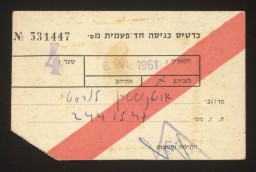
Learn more about the Soviet occupation of Europe before and after the defeat of Nazi Germany and the end of World War II.
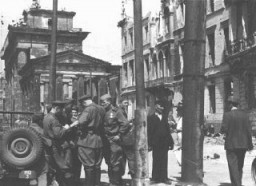
Often referred to as the “eastern front,” the German-Soviet theater of war was the largest and deadliest of World War II. Learn more about the background and key events.
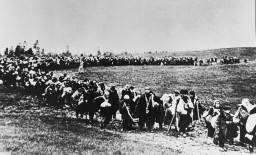
The Nazi treatment of Soviet prisoners of war (POWs) was determined by Nazi ideology. Cruel conditions included starvation, no medical care, and death.
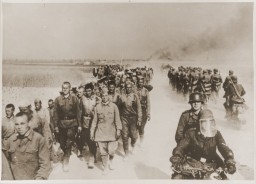
"We Will Never Die" was a 1943 musical stage performance that raised awareness among Americans about the murder of European Jews. Learn more.
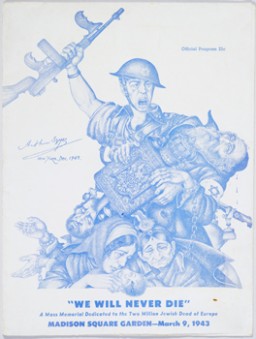
Theodor Wolff was an influential German journalist and vocal opponent of the Nazis. His work was burned during the Nazi book burnings of 1933. Learn more.
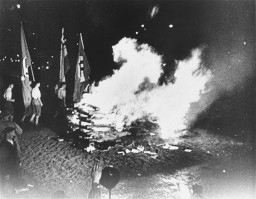
Theodore Dreiser was an American author of naturalist fiction. Censorship and bans accompanied him all his life. His works were burned in Nazi Germany in 1933.
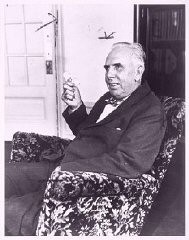
The Theresienstadt camp/ghetto served multiple purposes during its existence from 1941-45 and had an important propaganda function for the Germans. Learn more.
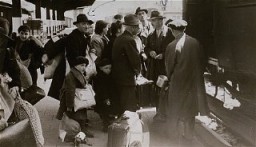
Learn about the role of Theresienstadt in the deportation of German and Austrian Jews to killing sites and killing centers in the east.
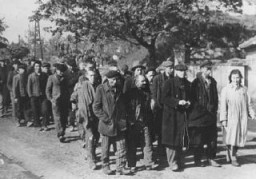
Despite terrible living conditions and the constant threat of deportation, there was a highly developed cultural life in the Theresienstadt camp-ghetto. Learn more.
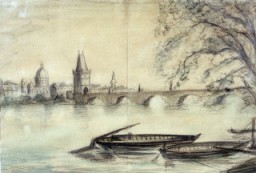
Learn about the establishment of the Theresienstadt camp/ghetto, which served multiple purposes from 1941-45 and had an important propaganda function for the Germans.
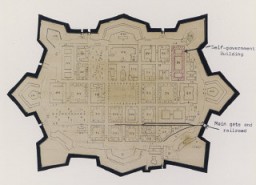
The Theresienstadt camp-ghetto existed from 1941 to 1945. Learn about its final weeks, liberation, and the postwar trials of SS commandants and other staff.
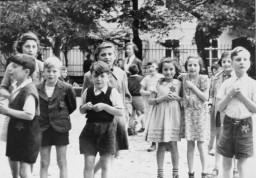
Explore key dates in the history of the Theresienstadt camp/ghetto, which served multiple purposes during its existence from 1941-45.
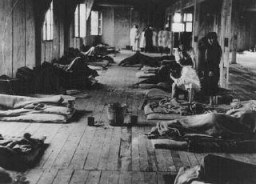
Learn more about the fate of Jewish prisoners that were deported to Theresienstadt from places other than the Greater German Reich or the Protectorate.
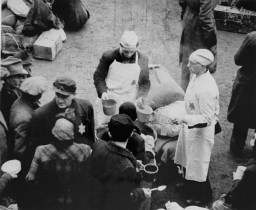
Learn more about the Danish Red Cross visit to Theresienstadt and the Nazi attempt to clean and hide the true conditions of the camp.
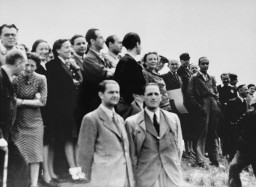
In 1942, German authorities began to deport German and Austrian Jews to Theresienstadt. Learn about the administration of the camp-ghetto and Jews’ experiences.

Learn more about the unique SS and police structure of the Theresienstadt “camp-ghetto” during World War II.
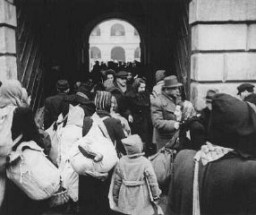
Learn more about Theresienstadt’s function as a transit camp and the deportation of Czech Jews during World War II.

The “Third Reich” is another name for Nazi Germany between 1933-1945. Learn more about life under Nazi rule before and during World War II.
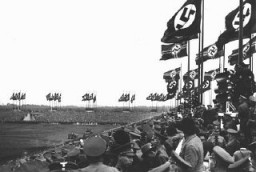
The Third Reich began with the Nazi rise to power in 1933 and ended with the German surrender in 1945. Learn more about Nazi Germany during World War II.
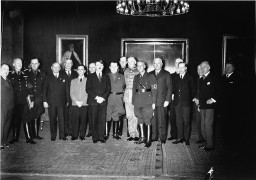
Thomas Mann was a German author who won the Nobel Prize for Literature. His political writings were burned during the Nazi book burnings of 1933. Learn more.
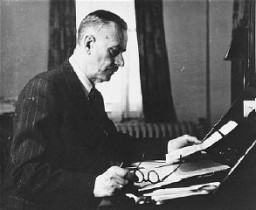
Key dates illustrating the relationship between Germany’s professional military elite and the Nazi state, and the German military’s role in the Holocaust.
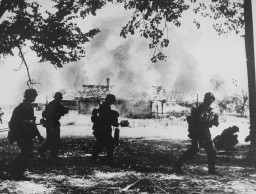
We would like to thank Crown Family Philanthropies, Abe and Ida Cooper Foundation, the Claims Conference, EVZ, and BMF for supporting the ongoing work to create content and resources for the Holocaust Encyclopedia. View the list of donor acknowledgement.